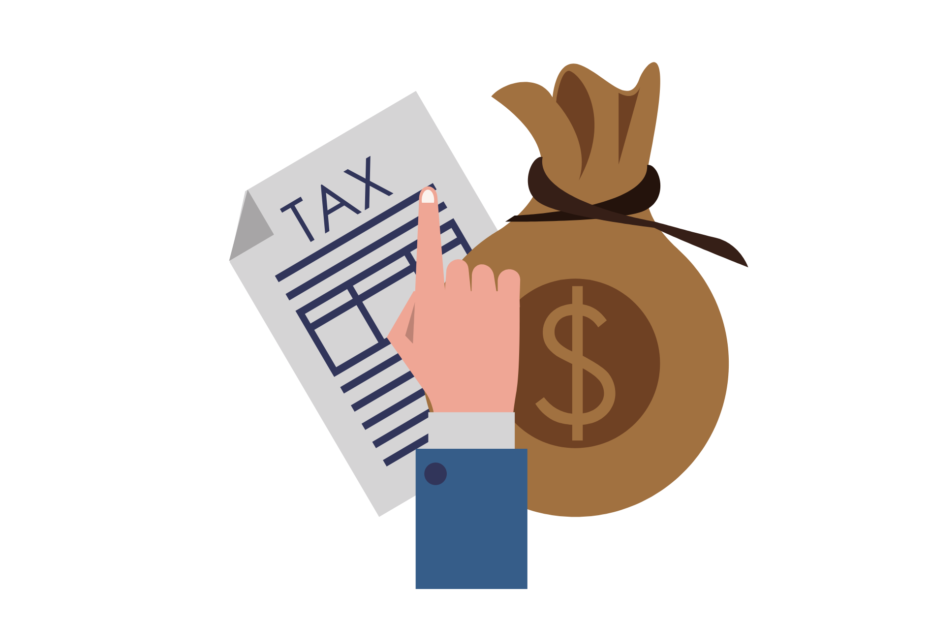Tax season can be daunting, but with the right knowledge and strategies, you can maximize your tax savings and keep more of your hard-earned money.
In this comprehensive guide, we will explore various tax-saving opportunities and strategies that can help you reduce your tax bill and improve your financial well-being.
1. Understand Your Tax Bracket:
Understanding your tax bracket is one of the first steps to maximizing your tax savings. Your tax bracket determines the rate at which your income is taxed, and knowing this can help you make informed decisions about tax-saving strategies.
2. Contribute to Retirement Accounts:
Contributing to retirement accounts such as 401(k)s, IRAs, and HSAs can provide significant tax savings. Contributions to these accounts are often tax-deductible, reducing your taxable income and lowering your tax bill.
3. Take Advantage of Tax Credits:
Tax credits are a valuable tool for reducing your tax bill. Look for tax credits that you may be eligible for, such as the Child Tax Credit, Earned Income Tax Credit, and Education Credits. These credits can provide substantial savings on your taxes.
4. Itemize Your Deductions:
While taking the standard deduction is simpler, itemizing your deductions may result in greater tax savings if you have significant deductible expenses such as mortgage interest, property taxes, and charitable contributions. Be sure to keep detailed records of your expenses.
5. Make Charitable Contributions:
Donating to charity is not only a noble act but can also provide tax benefits. Contributions to qualified charitable organizations are tax-deductible, so be sure to keep records of your donations and obtain receipts for tax purposes.
6. Consider Tax-Efficient Investments:
Investments can have tax implications, so it’s important to consider the tax efficiency of your investments. Holding investments in tax-advantaged accounts can help minimize taxes on capital gains and dividends.
7. Plan for Capital Gains and Losses:
Capital gains from investments are taxed, but you can offset these gains with capital losses. Consider tax-loss harvesting, which involves selling investments at a loss to offset gains and reduce your tax liability.
8. Utilize Flexible Spending Accounts (FSAs):
FSAs allow you to set aside pre-tax dollars for qualified medical expenses and dependent care expenses. By using an FSA, you can lower your taxable income and save money on taxes.
9. Stay Informed About Tax Law Changes:
Tax laws and regulations are subject to change, so it’s important to stay informed about any changes that may affect your tax situation. Consulting with a tax advisor can help you navigate these changes and make informed decisions.
Best equity mutual funds to invest-
Selecting the best equity mutual funds to invest in depends on various factors, including your investment goals, risk tolerance, and investment horizon. However, here are some well-regarded equity mutual funds in India across different categories that you might consider:
1. Large Cap Funds:
– Axis Blue-chip Fund
– ICICI Prudential Blue-chip Fund
– Mirae Asset Large Cap Fund
2. Mid-Cap Funds:
– Kotak Emerging Equity Scheme
– DSP Midcap Fund
– Axis Midcap Fund
3. Small Cap Funds:
– SBI Small Cap Fund
– HDFC Small Cap Fund
– Kotak Small Cap Fund
4. Multi-Cap Funds:
– Parag Parikh Long-Term Equity Fund
– Motilal Oswal Multicap 35 Fund
– Mirae Asset India Equity Fund
5. Tax Saving (ELSS) Funds:
– Axis Long-Term Equity Fund
– Aditya Birla Sun Life Tax Relief 96
– Mirae Asset Tax Saver Fund
6. Sectoral/Thematic Funds:
– ICICI Prudential Banking and Financial Services Fund
– SBI Technology Opportunities Fund
– Aditya Birla Sun Life Digital India Fund
Remember to review the fund’s past performance, fund manager expertise, expense ratio, and investment objective before making an investment decision. It’s also advisable to consult with a financial advisor to ensure the fund aligns with your investment goals and risk appetite.
Conclusion:
By implementing these tax-saving strategies, you can reduce your tax bill and save more money. Remember to plan, stay informed, and seek professional advice to maximize your tax savings.


